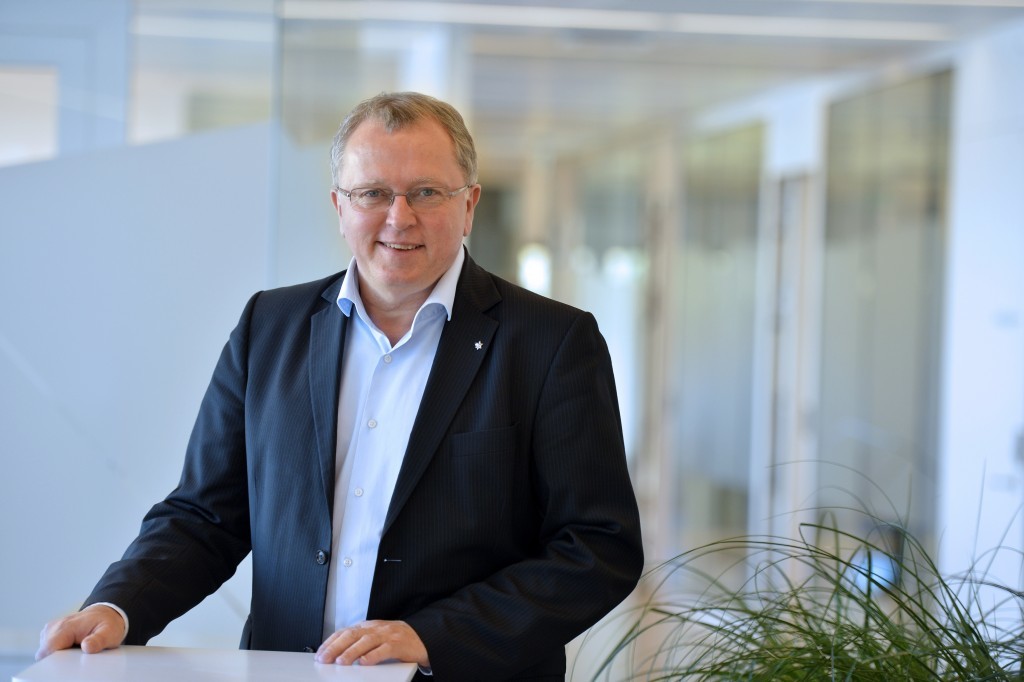
Norwegian energy giant Equinor today reported a 16% drop in first-half adjusted earnings to £5.8 billion due to lower prices and the impact of planned shutdowns for maintenance work.
Equinor also pointed to weak refinery results, and increases in operating costs and administrative expenses caused by new fields coming on stream.
But output from new wells helped offset natural decline to keep production at a high level, at 2.1 million barrels per day, in line with the first half of last year.
Total first half revenues dropped 11.7% to £26.9bn, though pre-tax profits nudged up 4.2% to £6.7bn, buoyed by the firm’s strong “capital discipline”.
Equinor also said today that it had shaved an additional £280m off the budget for phase one of its huge Johan Sverdrup project offshore Norway.
The cost of that project has come down by £3.7bn since the development plan was submitted.
First oil is expected later this year.
Highlights for the first half of 2019 include the completion of Equinor’s deal for Chevron’s 40% stake in the Rosebank area.
Equinor, which took over as operator, paid £57m on the closing date. The remaining fee is subject to certain conditions being met.
In June, the firm revealed it would push back the sanction date for the 300m barrel project, west of Shetland, to 2022.
In a busy month, the company also laid out plans to develop the Barnacle and Cadet projects in the UK North Sea.
Later this year, Equinor will achieve first oil from the Mariner project, east of Shetland, once it overcomes glitches with electrical equipment on the platform.
Production from the UK-Norway border straddling Utgard project should begin in September.
Equinor will also drill an exploration well on the UK central North Sea Lifjellet prospect in the second half.
The company participated in a number of UK exploration wells in the first half, but the results were largely underwhelming.
Rowallan was dry, neither Bigfoot nor Pip turned out to be major discoveries, and Verbier was smaller than hoped.
Chief executive Eldar Saetre said Equinor had delivered “solid operational performance and maintain high production” in a period with “lower commodity prices and high maintenance activity”.
He added: “I am pleased that we demonstrate continued strong cost focus and capital discipline.
“We continue to progress our highly competitive projects delivering production growth towards 2025.”
Recommended for you

